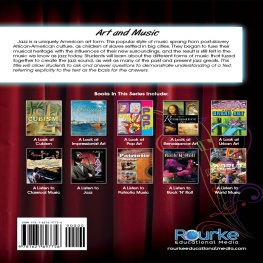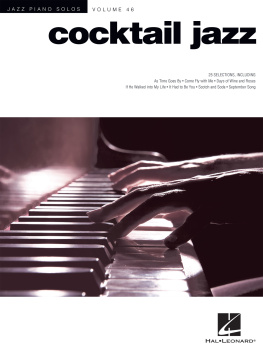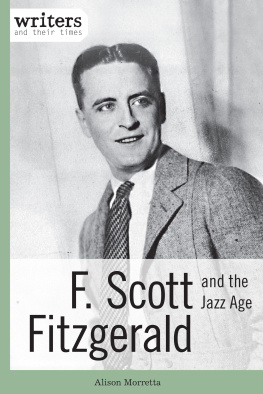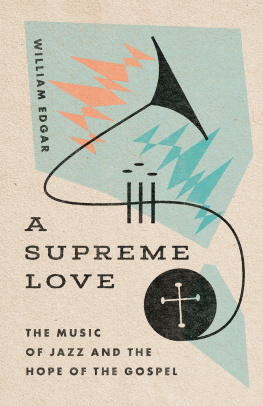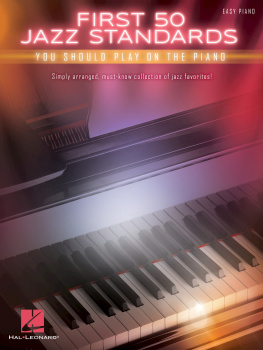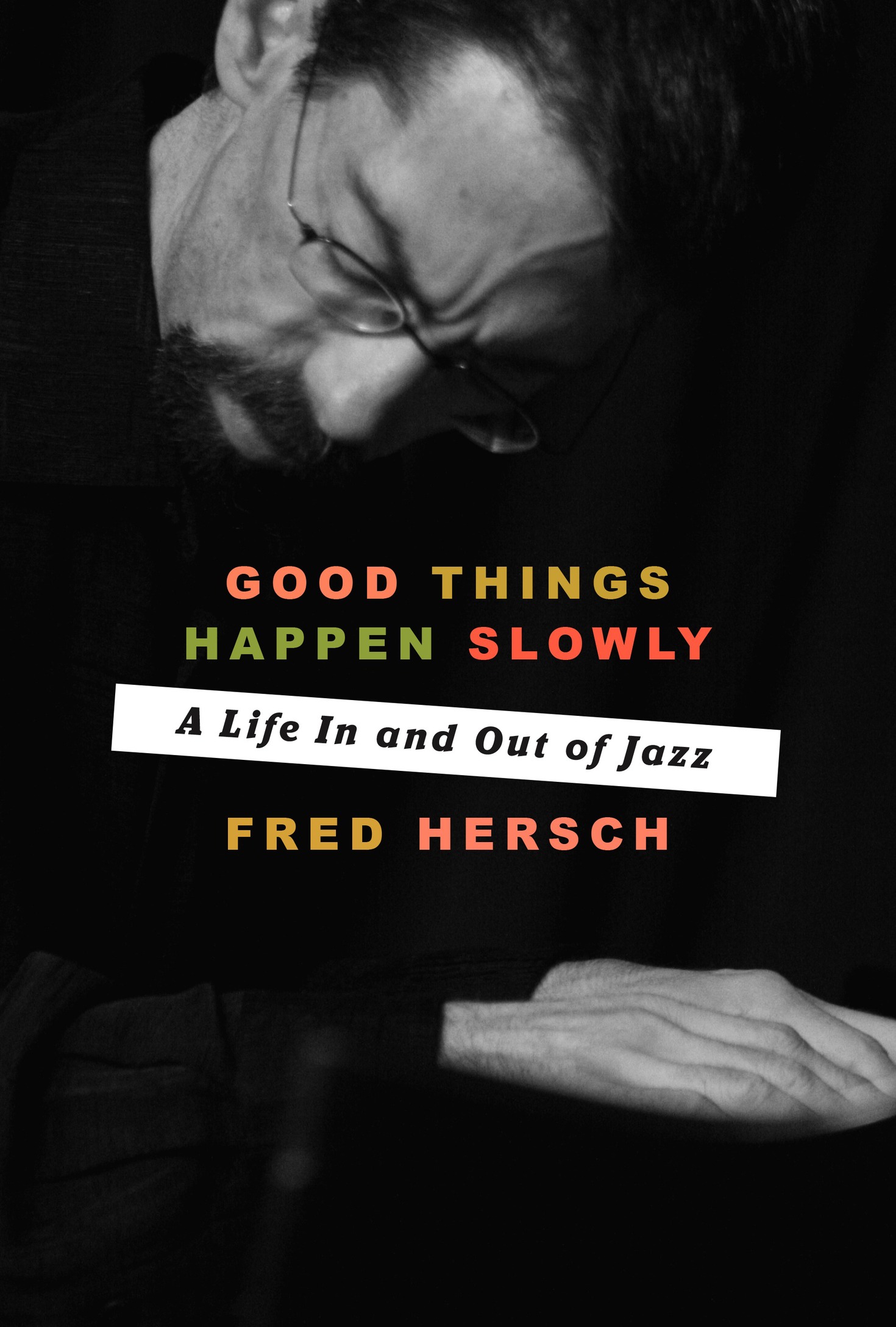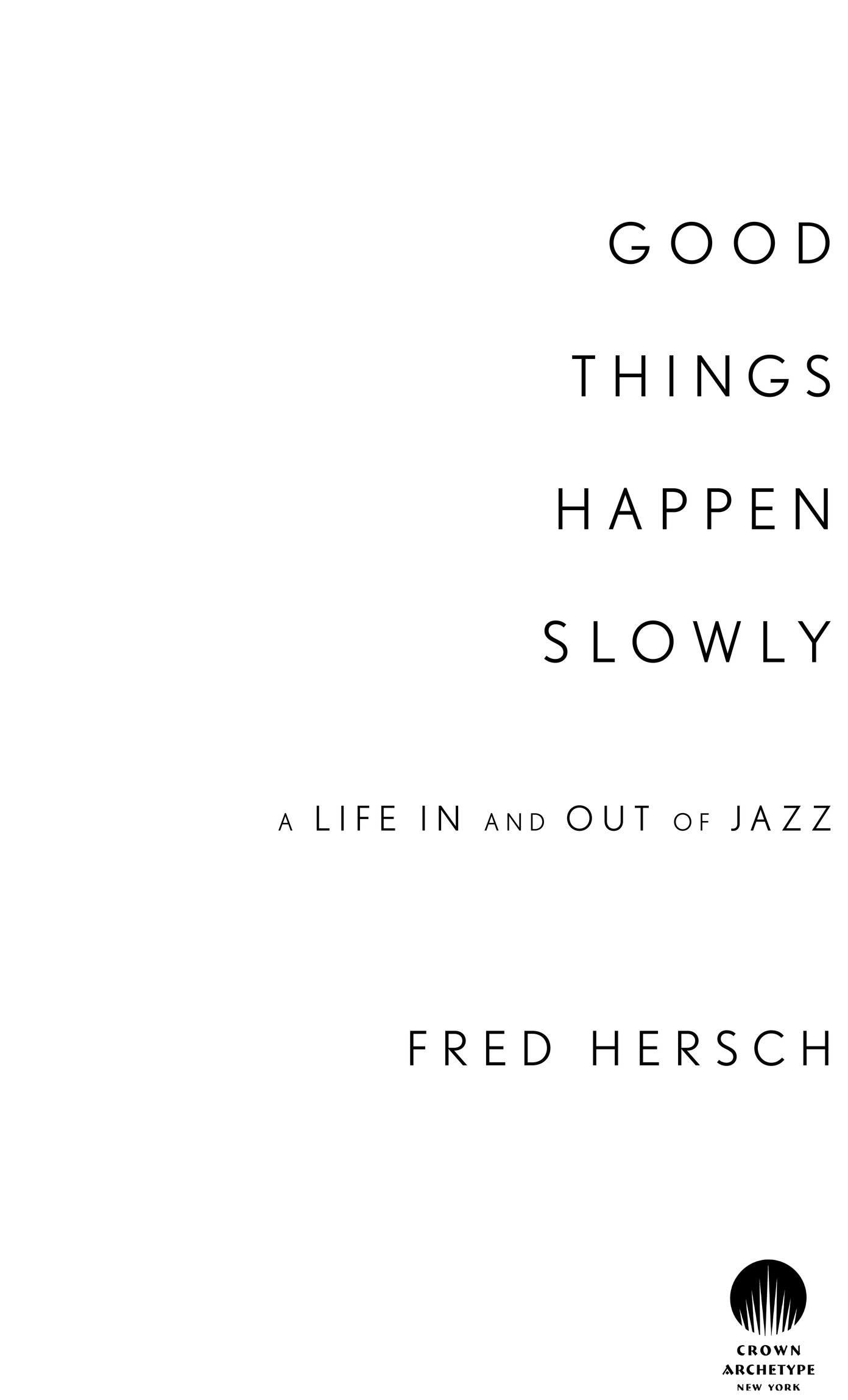This is a work of nonfiction. Nonetheless, some of the names and personal characteristics of the individuals involved have been changed in order to disguise their identities. Any resulting resemblance to persons living or dead is entirely coincidental and unintentional.
All rights reserved.
Published in the United States by Crown Archetype, an imprint of the Crown Publishing Group, a division of Penguin Random House LLC, New York.
Crown Archetype and colophon is a registered trademark of Penguin Random House LLC.
Library of Congress Cataloging-in-Publication Data is available upon request.
Silent, athwart my soul, moves the symphony true.
Start where you are.
INTRODUCTION
KINGS ISLAND
I f you drove out of Cincinnati on Interstate 71 and went north for about twenty miles, youd see the Eiffel Toweractually, a one-third-scale model that stood at the entrance to the Kings Island amusement park. Rural Ohio was years ahead of Las Vegas in the art of erecting cheesy replicas of iconic architecture for the vacation trade. In 1975, when I was living back in Cincinnati after dropping out of Grinnell College, Kings Island was a fairly new park, open for only three years. It gleamed in its brown-and-olive-green seventies splendor, and it was vast, filling hundreds of acres of paved-over cornfields with roller coasters, kiddie rides, souvenir shops, snack stands, and more souvenir shops. At the center of the main grounds, not far from the Eiffel Tower, stood an inflatable-dome theater that seated a couple of hundred people on benches. In 72, The Partridge Family shot an episode there. Thats how perfectly the place exuded middle-American wholesomeness. The following year The Brady Bunch came and filmed a show. The year after that, I was playing there.
Kings Island, like most major amusement parks in those days, put together a short musical revue every summer. The idea was a throwback to the tent shows that, early in American musical history, traveled the country bringing entertainment to people living on farms such as the ones Kings Island had replaced. I remember reading once that Lester Young, the tenor saxophonist who became known for his radically beautiful, lyrical improvisations, had started out as a child musician in a family band that worked the tent-show circuit. But that fact had nothing to do with my decision to take a job as the pianist in the orchestra pit of the Kings Island revue that summer. I did it for the work. It was a well-paying giga professional job when I was just beginning to see what it was like to be a professional musician. I got $500 a week, as I recall, for playing seven thirty-minute shows per day, one every hour on the hour, six days a week.
The show was called Hit-Land USA! The exclamation point was part of the title, as in Oklahoma! and exclamatory exuberance was the mode of the singing in the production. It was a revue of mainstream pop hits, skewed somewhat toward the older crowd of parents and grandparents who came to these shows to sit for half an hour while the kids were flipping upside down on the rides. We did things like Up, Up and Away, the Jimmy Webb tune, and I Dont Know How to Love Him from Jesus Christ Superstar. Not my favorite music, but not the absolute worst shit ever written, either.
There were two groups of performers in this show: the singers and the musicians in the pit. The singers were either gay boys right out of the local conservatory or straight girls with dreams of going to Broadway and starring as Marian the Librarian. They were all terrifically talented in the musical-theater way. They were young and full of fire and hope, and so was I. The musicians were all older, more seasoned, and jaded. These guysand they all were guyswere solid working pros or local high school music teachers from the Cincinnati jazz scene. They were making a buck, but they all really loved jazz. Many of them thought of themselves as jazz musicians, and so did I. I was nineteen years old.
I didnt get to know the gay boys in the showI didnt let myselfeven though I was gay too. For me, so far in my life, being gay meant being romantically obsessed with a couple of my friends in school and fantasizing about messing around with one of them. I didnt really understand what it meant to be gay. I had no one to talk to about it, and I barely knew a thing about the gay subculture.
One night late that summer, the boys in the show invited me to a party at somebodys house near the University of Cincinnati. I was jittery and went by myself. As I walked in, the first thing I saw was a guy in a blond wig with bangs and a ponytail. He was dressed like a bobby-soxer, in a short pink poodle skirt and saddle shoes with the socks rolled down. Another guy was dressed like Rita Hayworth in Gilda, with that amazing red Rita Hayworth hair and the elbow-length gloves. I had never seen men in drag before other than straight old show-biz people such as Milton Berle or Bob Hope going for cheap laughs on TV. I thought to myself, Is this what gay men are supposed to do? My head was spinning, and I left in a hurry without talking to anyone.
I had more interaction with the musicians in the show, because I was already playing in the local jazz clubs and getting known as a young cat on the scene. I saw the guys around. Some of us gigged together. I was beginning to be accepted as a jazz musicianone of them.
The jazz guys didnt know I was gay, and I hadnt directly admitted it to the boys in the show, either. But now and then during a performance one of the boys would look down into the pit and catch my eye and give me a wink, just to mess me up. And the guys in the band would watch the singers as they did a little twirl or a time-step, and theyd mutter to me, Get a load of those fags! This incessant banter made me nervous.
Between shows we took our break in a pair of trailers set up behind the theater. They were attached to each other and arranged in an L shape, with one trailer for the singers and one for the musicians. At the elbow of the L there was a tiny common area, and thats where I would sit. To my left, I could watch the jazz guys as they rested and refueled. Theyd huddle on the metal folding chairs, munching on sandwiches and chitchatting about their women, cars, and the Cincinnati Reds. To my right, I could see the gay boys entertaining themselves and the girls as if the real show were only startinglip-synching to Bette Midler and Judy Garland records, dishing one another in catty ad libs, calling one another Mary. Could either group really have been such a sociological clich? Or was that just the way I saw them?
The internal conflict of knowing I didnt completely fit into either group took me many years to resolve. That summer I sat alone between themwondering where, if anywhere, I belonged.


